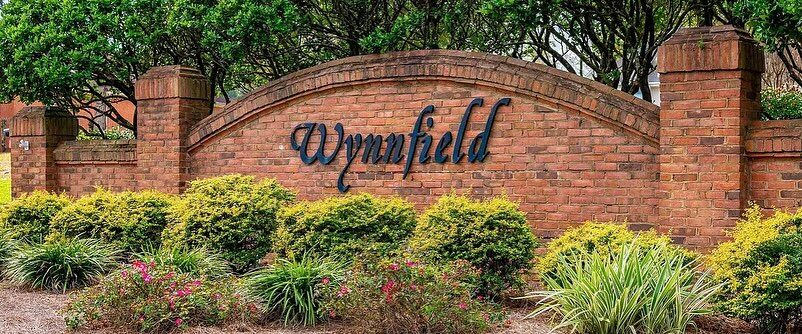In many neighborhoods across the country, homeowners associations (HOAs) are presented as democratic institutions. Residents pay their dues, follow the covenants, and in return, they get to elect the leaders who will represent them. At least, that’s how it’s supposed to work.
But in the Wynnfield HOA, the process looks very different — and homeowners say it leaves them completely disconnected from the actual decision-makers who govern their neighborhood.
How Elections Work in Wynnfield
In a typical HOA, members of the community directly elect officers such as the president, vice president, secretary, and treasurer. These roles carry enormous responsibility, since they oversee finances, enforce covenants, and manage day-to-day operations of the association.
In Wynnfield, however, homeowners never get that chance. Instead, residents can only vote on who becomes a board member. Once elected, the board — operating behind closed doors — selects among themselves (or even others) to appoint officers.
The result? Homeowners have no direct influence over who becomes president, vice president, secretary, or treasurer.
Why This Matters
This system might seem like a small technicality, but in practice it creates a serious accountability gap:
No Direct Accountability – Officers don’t answer directly to the homeowners, only to the board members who appointed them. Concentrated Power – A small group of insiders can install their preferred officers, even if those individuals are unpopular with the larger community. Broken Trust – Homeowners paying into the system feel like outsiders, with no direct way to influence who manages their money and enforces their rules.
As one frustrated Wynnfield resident put it: “I didn’t vote for the president who tells me what I can and can’t do with my property. I didn’t vote for the treasurer who decides how my dues are spent. It feels like a closed circle, not a democracy.”
How Other HOAs Do It
Most HOAs encourage direct elections of officers, or at the very least allow all members to vote in open meetings where officer positions are filled transparently. This ensures that community leaders are accountable to the people they serve — not just to a select few insiders.
Wynnfield’s approach stands in stark contrast, reinforcing the perception that the HOA operates more like a private club than a community association.
The Need for Reform
If Wynnfield’s HOA is to rebuild trust, it needs to change how it approaches leadership:
Allow direct homeowner elections for officer positions. Require open meetings when officer appointments are made. Publish clear explanations of how and why officers are chosen.
Without these reforms, the current system will continue to alienate homeowners, strip them of influence, and erode confidence in the very institution that’s supposed to represent them.
A Closed Circle of Power
HOAs exist to serve communities, but when the people paying the dues are locked out of meaningful participation, governance becomes a closed loop of power. Wynnfield homeowners don’t just deserve better — they deserve a voice.
